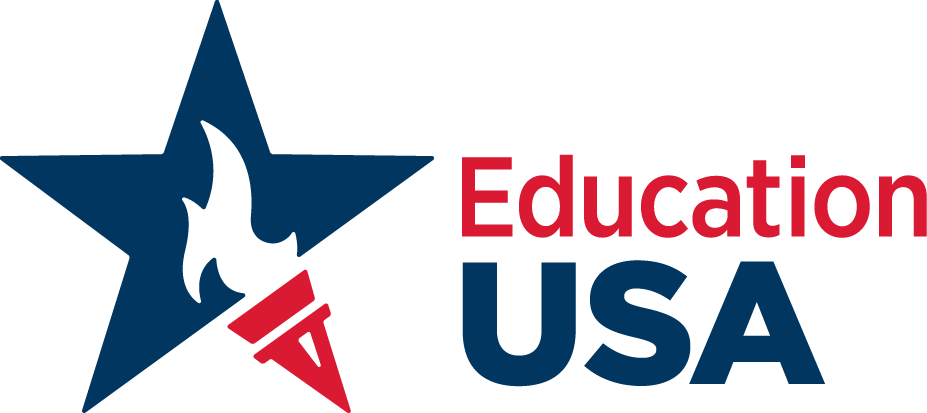Students with disabilities are encouraged to apply to study in the United States. We also hope you will consider applying for a Fulbright award and using our advisory service as you do so!
The National Clearinghouse on Disability and Exchange (NCDE) is supported by the U.S. Department of State to provide information to international students with disabilities. To help you get started, we have summarized several tips and key facts from their website below.
Tips and Key Facts
- Your Rights in the US: The Americans with Disabilities Act (ADA) is a law that protects the rights of people with disabilities from discrimination in the US. International students are protected by the ADA as well. In order to comply with this law, US universities must provide students with disabilities with equal access to higher education on campus, and businesses, transportation, governmental agencies and other organisations must provide the same access in US communities.
- The ADA defines a person with a disability as someone with a record of physical or mental impairment that substantially limits one or more major life activities. This includes students who are blind or visually impaired, Deaf or hard of hearing and/or have learning, physical, mental health, communication or emotional disabilities, amongst others. For more information on laws protecting people with disabilities in the US, see the MIUSA website or the U.S. Department of Education website.
- So, what does this mean for you? First, US universities (and secondary schools) cannot discriminate against people with disabilities and universities must offer “reasonable” accommodations (e.g. adjustments) and services necessary for students to have equal access to learning and education. This applies both during the admissions process and while you are a student on campus.
- In practical terms, this means campuses must be physically accessible or that the university must provide accessible options for students with disabilities. This includes not only classrooms and academic buildings, but also on-campus housing and dining options if offered. Universities are also responsible for providing modified learning equipment, such as a raised desk or lowered laboratory table, if needed. (Note that the university will cover the costs for modified equipment, but not personal aids such as wheelchairs or eyeglasses.)
- In terms of print materials, universities and national library services will provide textbooks and other communication in alternative, accessible formats, upon request. This applies to information about the university and the application process as well.
- Universities also provide a wide variety of additional disability-related services and accommodations, such as sign language interpreters, extra time on tests and assignments, etc. These will be determined on an individual basis with the disability support services office.
- Many universities will go beyond the “reasonable” adjustments and services required by law, offering student organisations and sports specifically for students with disabilities. The disability support services office and/or the student activities office should be able to provide you with more information.
- Overall, it is important to keep in mind that it is your personal choice to disclose a disability. Unlike at the school level in the US, the student, not the university, is responsible for identifying disabilities and requesting disability-related accommodations. You can contact the disability support services office for more information about reasonable adjustments or services you may require at any point as you are choosing between universities, completing your application or studying on campus.
Tips for the Admissions Process
- Disclosing Your Disability: It is your personal choice to disclose your disability during the application process. Keep in mind however that if you disclose a disability as you apply to a university, the university cannot reject your application solely on the basis of your having a disability. Note that U.S. admissions committees take into account the student’s personal circumstances and character. Therefore, disclosing your disability may provide some valuable context to evaluating your academic performance and understanding your potential at their university. This is particularly true if you feel your performance was hindered by barriers related to your disability, or if you overcame difficult circumstances or lack of access to perform as well as your peers without disabilities.
- On the Application: Beyond providing equal access, many universities and scholarship programmes such as Fulbright actively welcome students with disabilities, as it ties in with their goals to diversify their campus and student body. Therefore, you may find that disclosing your disability and/or writing about the unique perspective you would bring to the university in personal statement benefits your application.
- Choosing Universities: Due to the ADA and inclusive nature of education in the US, you will find nearly all US universities will be accessible and welcoming to students with disabilities. However, in addition to the information on choosing universities on our website, you may find some universities more attractive for students with disabilities. For example, Gallaudet University in Washington DC specifically serves students who are Deaf, and Landmark College in Vermont serves students who have learning disabilities and attention deficit disorder. For students with physical disabilities, you may wish to consider a small campus on flat terrain or areas of the country with less snowfall or ice (see www.weather.com for more information). For further information, visit our resource library, which contains the book Colleges for Students with Learning Disabilities or ADD (Peterson’s).
- As you research universities, you can contact the admissions office for information on the university to be provided in an accessible format. You are also welcome to contact the disability support services office for information about accessibility issues before/after you submit your application.
- Admission Exams: Most – although not all – graduate programs will require you to sit an admissions exam. There are various types of admission exams depending on your field of study. Standardized exams are one way in which US universities will assess your academic potential amongst both US and international applicants, a key component of the admissions criteria. The main postgraduate admissions exams include: the GRE, the GMAT, and the LSAT. Some students may also be required to take an English Language Proficiency Exam. Special accommodations may be arranged for taking most admissions exams. For more information, visit GRE (note that the procedures are the same for international students), GMAT, TOEFL, or IELTS websites. For the LSAT, contact LSAC to request an Accommodations Request Packet. You can find contact information for the GRE, GMAT, and LSAT on their websites.
- Timing: We encourage you to apply early to US universities in case you need to request accessible materials or want to contact the disability support services office. Additionally, bear in mind that it can take several weeks to gather documentation and apply for disability-related accommodations to take the admissions exams (see above). We suggest allowing two months for this process if possible.
- Funding: We encourage students with disabilities to apply for the same funding options as any other student. However, in particular, you should investigate the funding options awarded on the basis of diversity. As noted above, many universities and scholarship programmes such as the Fulbright Awards actively seek applicants with disabilities, as these students add a diversity of perspective to their programs.
- Upon Acceptance: If you plan to request disability-related accommodations, we encourage you to contact the disability support services office as soon as you have been accepted to the university, if not before. This will allow you plenty of time to request disability-related accommodations and gather the necessary paperwork documenting your disability. For example, this may include a visual acuity test or functional vision assessment for blind or visually impaired students or an audiogram for Deaf or students who are hard of hearing. Universities will have their own forms for requesting disability-related accommodations and services. The NCDE website provides templates for universities, which may serve as a good checklist for points you would like to discuss with the disability support services office. We also encourage you to investigate off-campus resources.
- Visas and Pre-Departure Information: In addition to the information we provide on the visa application process, students with disabilities will want to investigate health insurance coverage options, as your NHS coverage will not apply in the US and as it can be more difficult to purchase health insurance from a US provider if you have a pre-existing condition. Contact the disability support services or international student services offices for more information about health insurance requirements and options. Additionally, if a carer (referred as a “personal assistant” in the U.S.) would like to accompany you, spouses and children may apply for a J-2 visa. However, other carers would need to travel to the U.S. on a tourist visa.
- For more tips on travel to the US, see the NCDE’s webpage on airline tips and living in the US with a disability.
- Insurance Considerations for Exchange Participants with Disabilities: http://www.miusa.org/ncde/tipsheets/insurance
Source: US-UK Fulbright Commission


